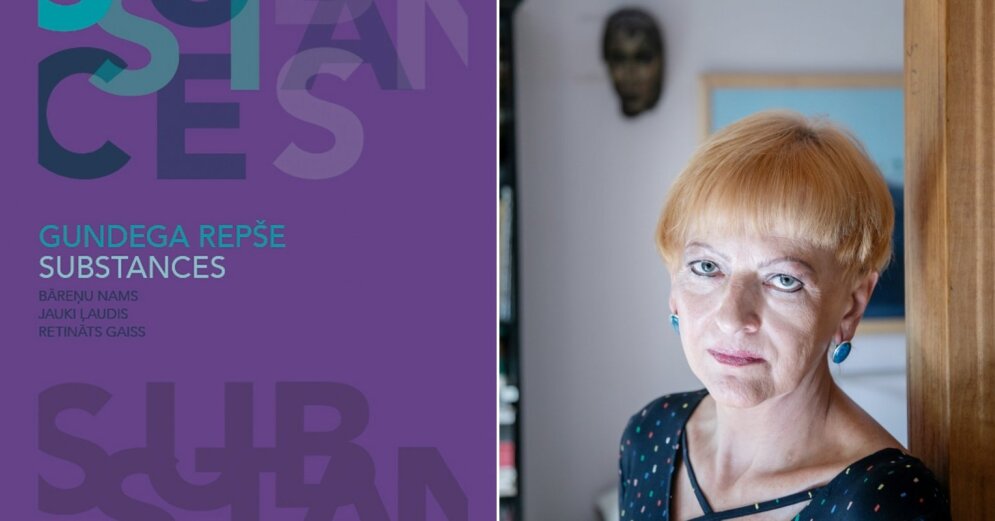Content will continue after the ad
Advertising
–
The author writes about these works: “Gravel avalanche or cloud clashes, crime and pain – only the human spirit determines their scale. Existential shivers do not allow to perceive literature as a deceptive hiding place;
“The Orphanage is the pulsation of the 21st century. The harsh and whimsical destinies of people, when hidden and hidden are bubbling behind what is seen. , and as a piercing of confession and forgiveness. Exactly, ruthless, but heart – wise. Without consolation and therefore – truly, “writes literary critic Viesturs Vecgrāvis.
Writer Osvalds Zebris, on the other hand, says of the novel “Nice People” that it “leads to the thoughts of a messenger who deliberately acts unusually, even upside down, and with this injustice tries to sharpen his attention, to say what is not subject to the word alone.”
“This novel cannot be unlocked with a fixed key or pressed with force, not even with a monk. The lock has changed and changes every time the human eye approaches it,” Zebris says.
“The language of the novel ‘Thin Air’ is rich in pixels, but the narrative is surprisingly holographic: Venice is close to Melluži, the Soviet era is part of our present and a baby in the apple tree branches may be related to Kada’s (so far) only son,” said poet Juris Kronbergs.
The artist of the book is Katrīna Vasilevska.
–
